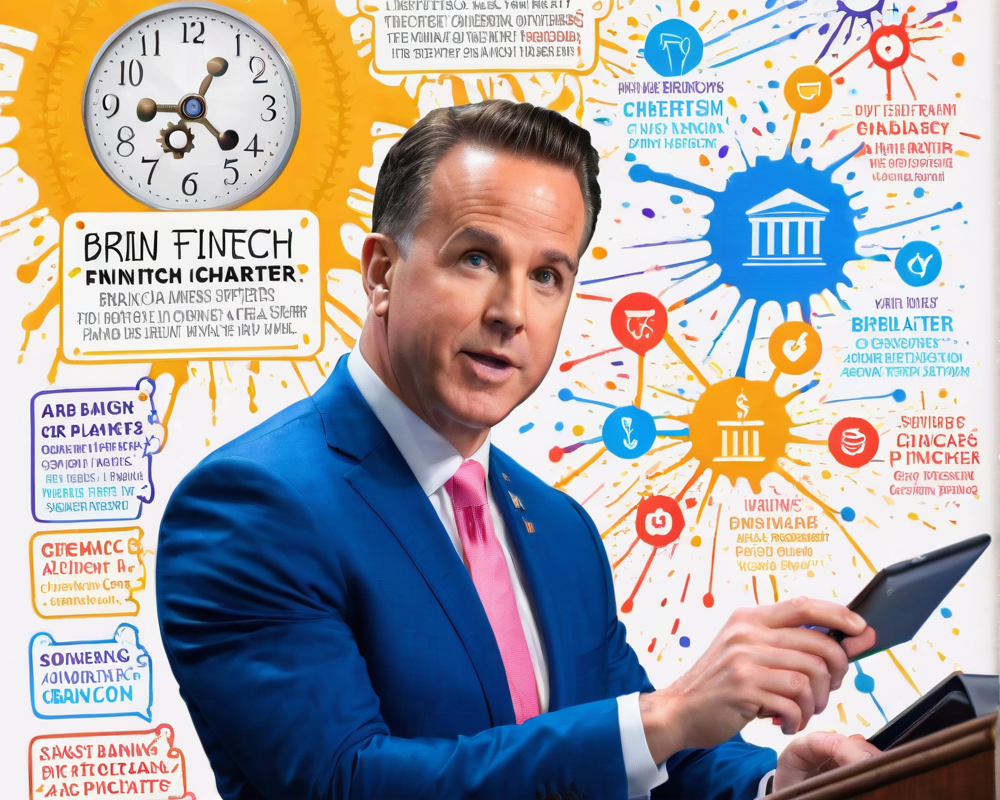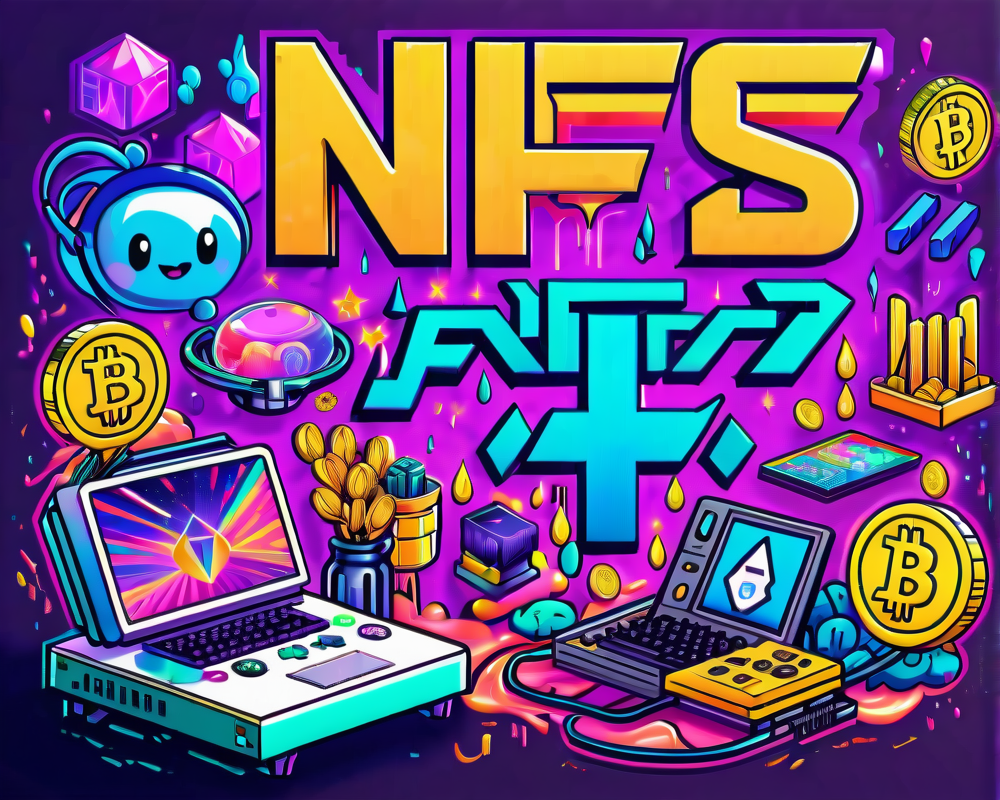Background on the Fintech Banking Charter
The fintech banking charter, introduced in 2020 under the guidance of Brian Brooks at the Office of the Comptroller of the Currency (OCC), allows financial technology firms—including many in the cryptocurrency space—to operate with considerable freedom. This means these companies can offer lending and payment products without being burdened by the traditional shackles that govern state banks and require oversight from deposit insurance schemes. In simpler terms, it was, and still is, a way to fast-track innovation while bypassing a pile of red tape.
The Congressional Hearing
Fast forward to April 15, when Brooks found himself sitting before the House Financial Services Committee’s Subcommittee on Consumer Protection and Financial Institutions, grappling with pointed questions regarding the ramifications of this charter during a hearing titled “Banking Innovation or Regulatory Evasion?” Let’s just say, the atmosphere could have been cut with a butter knife.
Critics Weigh In
One of the most vocal critics was Representative Maxine Waters, who described the charter as a lawless wonderland for fintechs and big tech companies. She claimed that community banks and state regulators are in a tizzy over the lack of regulatory scrutiny that fintech firms enjoy under this framework. Waters went so far as to indicate that the OCC was pretending that 19th-century laws were meant to cater to 21st-century digital banks. It’s like wearing a top hat to a rave—it just doesn’t fit!
Brooks’ Defense
However, Brooks wasn’t about to roll over. He countered the criticisms by asserting that the charter actually strengthens regulatory oversight in the fintech space. According to him, without this charter, fintechs would operate in the shadows, and the vast array of services they offer would be uncontrollable. He argued that the charter allowed consumers greater choices—think of it as a buffet of banking options instead of being stuck with fast food alternatives.
Concerns About Criminal Activity
Hitting the nostalgia button for any debate about cryptocurrency, both Brad Sherman and Al Green, from California and Texas respectively, raised alarming red flags—namely, that Bitcoin was like a secret handshake for tax evaders and narco-terrorists. That’s one reputation for Bitcoin you can’t download from the internet!
The Bigger Picture
Despite the alarms raised over the potential for criminal activity and Ponzi schemes, Brooks maintained a forward-thinking approach. He argued that restrictive regulations could stifle American technological innovation, contending that we’re not just on the brink of a second internet—this new economy is designed to be decentralized and empower individuals on a global scale. If you think America’s got it together with the internet’s infrastructural backbone, he suggested we should feel equally optimistic about these emerging platforms.
Conclusion: Innovation vs. Regulation
As the debate rages on, it seems clear that this is more than just a tussle over banking charters; it’s about the future of financial services in America. Will we be a nation that embraces innovation, or will we let the fear of the unknown drive us back to the stone age of banking? Ultimately, only time—and maybe a few more congressional hearings—will tell.




